Most business owners understand the concept and importance of isolating assets or ventures that may expose them to personal liability. As such, the primary strategy to protect our personal assets from these risks has been to use the Limited Liability Company (“LLC”).
The problem is that when investors have multiple rental properties it can be risky to put all of our assets in one LLC or “bucket”. On the other hand, it can be expensive and cumbersome to set up an LLC for each property, asset, or business venture.
The Series LLC was the solution to this problem. Essentially, it was conceived that a ‘Parent’ LLC could be established and ‘baby’ or ‘sub-series’ could be created to hold assets, isolating them from each other’s individual liability, but only requiring the filing of the parent LLC with the Secretary of State. Therefore, one could achieve separate liability protection with the cost of one LLC, a little extra banking, and following proper paperwork and procedures.
The end result is that each series of the Parent LLC can have its own specified property, assets, investment objective, or business purpose; such that the debts, obligations, and liabilities of each series are only enforceable against the assets of that Series; not against the assets of the Parent LLC or any of the other series.
Who can use the Series LLC?
One might think that this is great! No matter where I’m doing business in the United States, I can simply establish a Series LLC and be off to the races into ‘asset protection neverland’. Well, not so quick Peter Pan.
Delaware was actually the first state to try to find a solution to this problem and pass the first Series LLC statute in 1996. Wisconsin followed shortly thereafter with their own statue in 2001. Since then, fourteen additional states have some version of the Series LLC, including ., They are Alabama, Delaware, Washington D.C., Illinois, Iowa, Kansas, Minnesota, Missouri, Montana, Nevada, North Dakota, Oklahoma, Tennessee, Texas, and Utah.
The problem is that Series LLCs are only effective in the State where they are authorized AND the real estate is located.
For example, if I have 3 rental properties in Oklahoma, I can establish an Oklahoma Series LLC because that state has a Series LLC statute. If I also have a rental property in Arizona, an Oklahoma sub-series won’t provide any protection for me in Arizona. I would need to set up an Arizona LLC and regrettably, they don’t allow for a Series LLC. One might surmise that I could register the Oklahoma Series LLC as a ‘foreign entity’ in Arizona, but because they don’t have a ‘series statute’, it would be registered under their standard LLC law and be subject to those laws in Arizona.
The Series ‘concept’ and subs would not be ‘respected’ in Arizona courts. Now, some fancy asset protection salesman may say it will work from stage one and even try to sell you one from Nevada or Delaware, but typically these promoters are not licensed attorneys, nor someone that would ‘guarantee’ such legal protection.
How to Maintain the Series LLC
Opinions vary widely on how to actually maintain the Series LLC in order to provide the protection they were designed for. For those willing to cut corners, they may use one checkbook for the Parent LLC to run all the operations of the Sub-Series, and furthermore, be lazy in transferring the actual title of the property to the varies subs and even use the one LLC name on all the leases. It’s our opinion that an investor with this attitude and practices won’t receive the protection they think they have when the lawsuit lands on their doorstep.
We recommend the following steps to ensure you get the maximum protection from the Series LLC and get full advantage from these amazing statutes. The time, effort and cost is really quite minimal compared to the significant benefits received.
Steps for Protection:
.
- Make sure the LLC is always in good standing with the State where it’s registered
- Have a quality ‘corporate book’ with Membership Certificates, an Operating Agreement and Organizational Minutes.
- Properly create each Sub-series with the correct Operating Agreement procedure and register it with the State if required (i.e. Texas or Illinois).
- Make sure each sub-series has its own bank account in the name of the sub-series or parent.
- Make sure the lease agreements with tenants are in the name of the proper sub-series of a parent.
- Transfer the title of each property to the correct sub-series or the parent.
- Do your annual ‘minutes’ and have a Board of Advisors with regular meetings.
- Use the proper parent or sub-series name on all correspondence with tenants and contractors.
- Deposit all rent checks in the proper bank account of the parent or sub-series and pay the mortgage payments and other expenses out of the proper accounts.
- Finally, make sure to file the proper tax return for the entity for the Feds and the States in which it’s registered.
In the end, if properly created and maintained, the Series LLC may be an extremely useful tool for investors with multiple investment properties.









